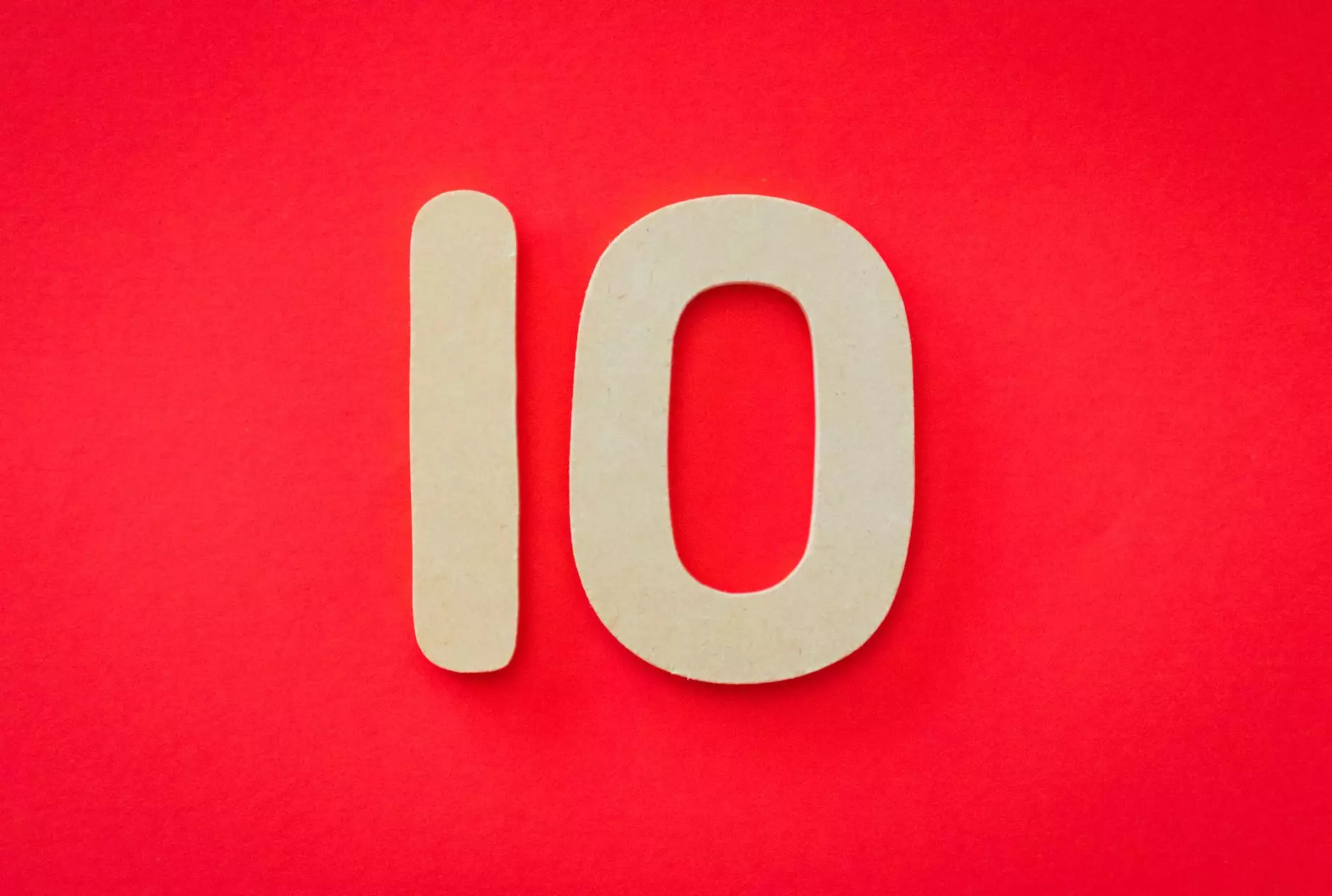Learn How to Use Hashtags(#) to Better Your SEO Strategy
Blog
Introduction
Welcome to Kimberly Ann’s Designs Studio, your go-to resource for arts and entertainment, specifically visual arts and design. In this comprehensive guide, we will explore the powerful impact of hashtags on your SEO strategy and how you can leverage them to boost your website's visibility, attract more organic traffic, and ultimately, outrank your competition on search engine result pages (SERPs).
Understanding Hashtags and Their Importance
Hashtags(#), originally popular on social media platforms, have found their way into the world of search engine optimization (SEO). They serve as metadata tags that categorize and organize content, making it easier for search engines to identify and index relevant information. By strategically incorporating hashtags into your website content, you can enhance your SEO efforts and improve your website's overall visibility on search engines.
Choosing the Right Hashtags
To optimize your SEO strategy with hashtags, it's crucial to choose the right ones. Conduct thorough research to identify the hashtags that align with your niche and target audience. Consider using tools like Google Trends, social media analytics, and competitor analysis to discover popular and trending hashtags related to your industry. Create a list of relevant hashtags that have a significant search volume but also possess a manageable level of competition.
Incorporating Hashtags on Your Website
Once you have identified the most suitable hashtags for your SEO strategy, it's time to incorporate them into your website content. There are several key areas where you can strategically place hashtags to maximize their impact:
1. Website Page Titles
Include relevant hashtags in your page titles to signal the content's relevance to both search engines and users. For example, if you are a visual artist specializing in oil paintings, consider a page title like "Stunning Oil Paintings for Sale | #ArtisticOilCreations."
2. Heading Tags
Utilize heading tags, such as H1, H2, and H3, to structure your content and emphasize keyword-rich subheadings. Incorporating hashtags within these subheadings will further reinforce the relevance of your content to both users and search engines.
3. Body Content
Integrate hashtags organically within the body content of your website pages. Use them sparingly and contextually, ensuring their relevance to the surrounding text. This practice will enhance your content's discoverability for users searching specific hashtag-related keywords.
4. Image Alt Text
Don't overlook the importance of image alt text. When adding alt text to your images, incorporate relevant hashtags to provide additional context and improve your chances of appearing in image-based search results.
5. Meta Tags
In addition to your page title, optimize your meta tags by including relevant hashtags within the meta description. This will entice search engine users to click on your link when the keywords they search for are present in your meta description.
Optimizing Hashtags for Social Media
While hashtags initially gained popularity on social media platforms, they can also significantly contribute to your overall SEO strategy. By incorporating relevant hashtags into your social media posts, you can increase your content's visibility, enhance brand recognition, and drive traffic back to your website. Engaging with your audience through social media and leveraging trending hashtags will further amplify your brand's online presence and SEO performance.
Monitoring and Analyzing Hashtag Performance
Regularly monitor and analyze the performance of your hashtag usage to refine and optimize your SEO strategy continually. Use web analytics tools to track the organic traffic and engagement generated through hashtag implementation. Adjust your hashtag selection based on the data gathered and identify trends that resonate well with your audience.
Conclusion
Congratulations! You are now equipped with the knowledge needed to harness the power of hashtags to elevate your SEO strategy. Implement these techniques consistently across your website and social media platforms to expand your online reach and carve a competitive edge in the arts and entertainment industry. Remember, understanding your target audience, selecting the right hashtags, and analyzing their performance will pave the way for improved visibility, increased traffic, and higher search engine rankings.
Start incorporating hashtags into your SEO strategy today, and watch your website soar to new heights!




